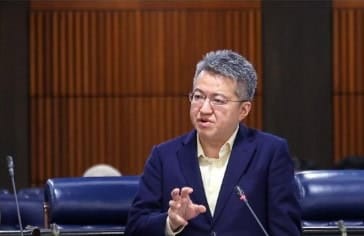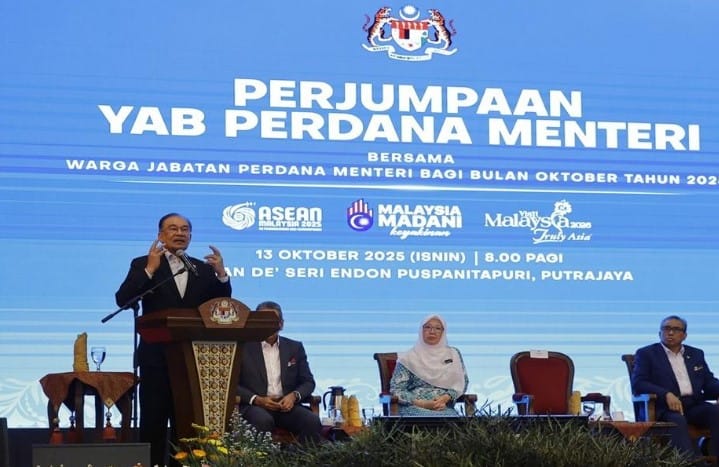
KUALA LUMPUR, May 19 — Kenanga Research has posited that palm oil is the most efficient oil crop in terms of oil yield to land use, and hence the best environmental option to cater for the growing global population (+14 per cent by 2050).
In a thematic report, the research house said however, the sector remains bogged down by issues around deforestation and biodiversity loss, labour, open burning, and carbon emission.
It said some of the ways local players have responded were by adopting the No Deforestation, No Peat, No Exploitation (NDPE) policy; zero burning policy; protecting High Conservation Value areas; prioritizing labor and human rights; greenhouse gas emission targets, and sustainable certifications.
The research house said to produce one tonne of oil, palm only requires 0.26 hectare (ha) of land, while its biggest competitor soybean would require 7.7 times the amount at 2.0 ha.

According to the International Union for Conservation of Nature (IUCN), palm oil accounts for 35 per cent of global vegetable oil production on only 10 per cent of global land use, proportionately less land usage than its peers.
Kenanga Research said the misconception portrayed by international organisations vilifying palm oil over rival oils has been damning to the industry reputation, while brands that highlight the exclusion of palm oil in their products and attempt to substitute palm oil with other less efficient oils were either green-washing or sorely misinformed.
“Since rival oils have lower yields versus palm oil, replacing palm oil is not a solution at this point.
“However, ensuring that palm oil is produced sustainably will be the best way forward for the industry and the planet,” it added.
The research firm said in order to limit the environmental impact, palm oil would be the most efficient means to meet the growing global demand for edible vegetable oil.
“Fewer resources would be required by mitigating excessive land use or deforestation, especially at a time when the planet requires its carbon sinks and biodiversity maintained.
“Lastly, while our target prices and recommendations are under review pending results release, we offer a preview to embedding environmental, social, and governance (ESG) into planters’ valuations,” it said.
Building on the same methodology for the plantation sector, Kenanga Research has included its ESG score and expanded the ESG discount to all planters under its coverage.
“The official changes in target prices and calls will be reflected in our coming individual company reports during the results season,” it said.
— BERNAMA





More Stories
Nation Recovers RM15.5 Billion Of Its Revenue, War Against Corruption And Cartels To Go On – Anwar
Budget 2026 Reflects Govt’s Commitment To Integrity, Curbing Leakages – Azam
Dewan Negara Passes Five Bills Including Legal Aid And Public Defence 2025